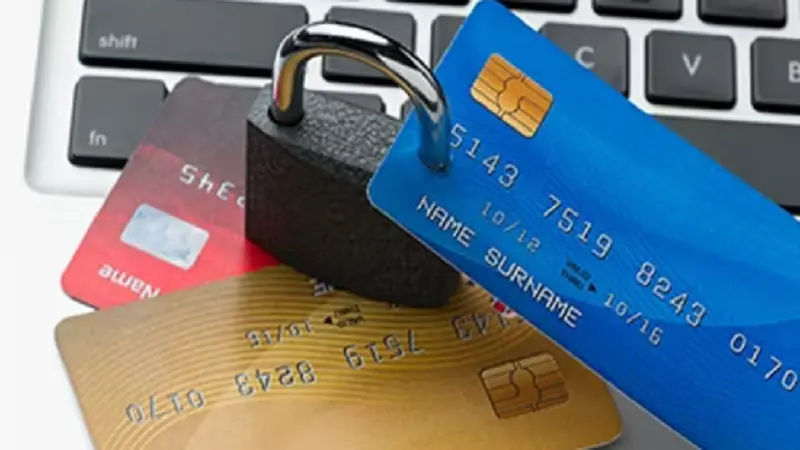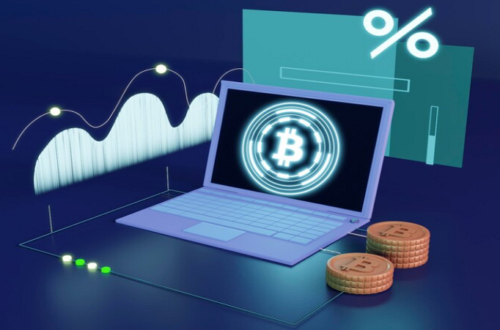In the digital age, banking fraud and scams are evolving as rapidly as the technologies designed to protect customers. Among the recent controversies making headlines is the alleged “Phongsavanh Bank Ltd Credit Card Scam.” This incident has raised significant concern among customers and the financial sector in Laos and beyond. This article delves into the specifics of the alleged scam, the possible implications, and how customers can safeguard themselves.
Understanding the Allegations
Phongsavanh Bank Ltd is one of Laos’ most prominent financial institutions, known for offering a variety of banking services, including credit cards, savings accounts, and business solutions. However, recent reports have implicated the bank in a credit card scam, leaving many questioning the institution’s security measures and customer protection policies.
The alleged scam revolves around unauthorized transactions made using customers’ credit cards. Victims report discovering unexpected charges on their accounts, often for online purchases or services they never authorized. Some customers claim to have received phishing emails or fraudulent calls, supposedly from bank representatives, requesting sensitive information such as PINs and OTPs (one-time passwords).
How the Scam Works
Like many modern financial scams, the alleged Phongsavanh Bank Ltd credit card fraud involves a mix of phishing tactics and technological exploitation. Here’s how it typically unfolds:
- Phishing Attempts: Customers receive emails or calls from scammers impersonating bank representatives. These communications often seem legitimate, featuring the bank’s logo, professional language, and a sense of urgency.
- Information Theft: Unsuspecting customers share their credit card details, PINs, or OTPs, believing they are communicating with the bank. This information is then used to carry out fraudulent transactions.
- Unauthorized Transactions: Once the scammers gain access to the credit card details, they make online purchases or transfer funds, leaving the victim to bear the financial loss.
- Delayed Detection: Many victims only realize they’ve been scammed when reviewing their monthly statements, by which time it is often too late to recover the funds.
Customer Impact
The implications of such scams are far-reaching, affecting customers both financially and emotionally. Victims often face the following issues:
- Financial Loss: Unauthorized transactions can drain accounts and leave customers scrambling to recover their funds.
- Emotional Distress: Falling victim to a scam can cause anxiety and mistrust towards financial institutions.
- Reputation Damage: For the bank, these incidents can tarnish its image, leading to reduced customer confidence.
Phongsavanh Bank’s Response
In response to these allegations, Phongsavanh Bank Ltd has issued statements denying any direct involvement in the scam. The bank emphasizes its commitment to customer security and points out that the incidents likely stem from external phishing attacks rather than a breach of its internal systems.
The bank has also taken measures to reassure its customers, including:
- Strengthening Security: Enhancing online banking systems to detect and prevent fraudulent activities.
- Customer Awareness Campaigns: Educate customers about phishing scams and the importance of not sharing sensitive information.
- Investigation and Support: Collaborating with local authorities to investigate reported cases and offering support to affected customers.
How to Protect Yourself from Credit Card Scams
Whether you are a customer of Phongsavanh Bank Ltd or another institution, staying vigilant is key to safeguarding your financial information. Here are some practical tips to protect yourself:
- Beware of Phishing Attempts: Always verify the source of emails or calls requesting personal or financial information. If in doubt, contact your bank directly using official contact details.
- Monitor Your Transactions: Regularly review your credit card statements and online banking accounts to spot unauthorized transactions early.
- Enable Alerts: Activate SMS or email notifications for every transaction made using your credit card.
- Use Secure Networks: Avoid accessing online banking platforms on public Wi-Fi networks to reduce the risk of data interception.
- Report Suspicious Activity: If you suspect fraud, report it to your bank immediately and file a complaint with local authorities.
Lessons for the Financial Sector
The Phongsavanh Bank Ltd credit card scam serves as a stark reminder for financial institutions to continually adapt their security measures. The rapid advancement of technology has made banking more convenient but also more vulnerable to cybercrime.
Banks must prioritize the following:
- Advanced Fraud Detection Systems: Leveraging artificial intelligence and machine learning to identify and block fraudulent transactions in real-time.
- Customer Education: Invest in ongoing education campaigns to teach customers about emerging scams and best practices for secure banking.
- Collaboration with Authorities: Partnering with law enforcement to track and apprehend scammers, creating a safer financial ecosystem.
The Broader Impact on Banking in Laos
This incident highlights the broader challenges faced by the banking industry in Laos as it navigates the transition to digital financial services. While institutions like Phongsavanh Bank Ltd are key players in modernizing banking, they must also address the risks that come with increased digitization.
Customers, too, play a vital role in this equation. By staying informed and proactive, they can minimize their risk of falling victim to scams and contribute to a more secure banking environment.
Conclusion
The allegations of a Phongsavanh Bank Ltd credit card scam underscore the importance of vigilance and security in today’s financial landscape. While the bank works to address customer concerns and improve its systems, customers must also take proactive steps to protect their information.
As scams become more sophisticated, the partnership between financial institutions and their customers will be crucial in preventing fraud. By staying informed, monitoring accounts, and following best practices for online security, you can protect yourself from falling prey to such schemes.




